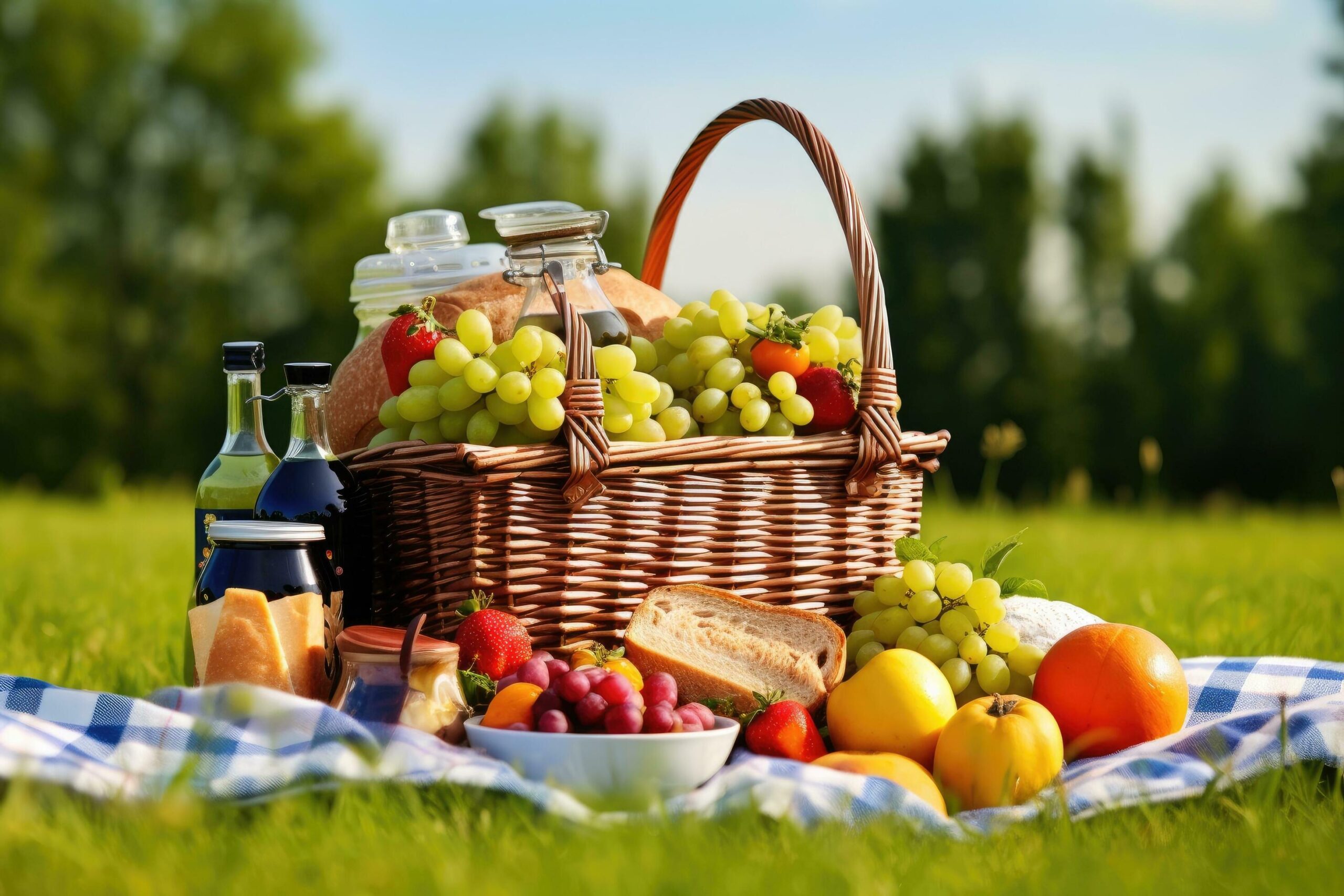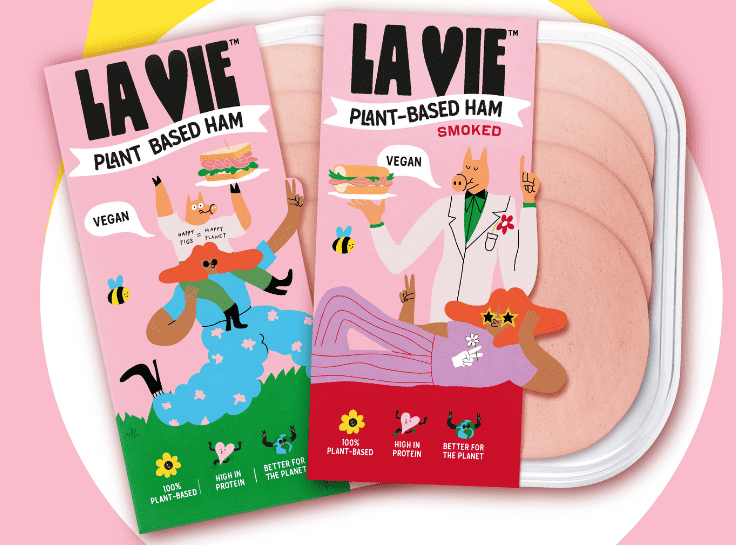Swiss Supreme Court Bans Animal-Specific Terms on Vegan Product Labels
Switzerland’s Federal Supreme Court has issued a final ruling that prohibits the use of animal-derived terms such as “chicken” and “pork” on the labels of vegan food products. The decision concludes a multi-year legal dispute involving Zurich-based Planted Foods and federal food safety authorities. The ruling states that references to specific animal species on plant-based foods are incompatible with national food labelling law, which requires that product information accurately reflects its contents. Terms traditionally linked to meat from animals are not allowed on vegan items, even when prefaced with qualifiers such as “plant-based” or “vegan.” According to the court, such usage constitutes consumer deception. This decision reverses a 2022 ruling from the Zurich Administrative Court, which had initially found that terms like “planted.chicken” were not …


















